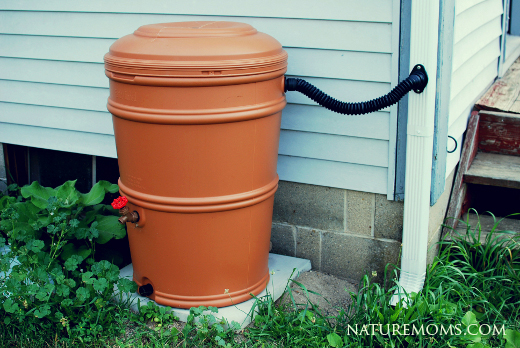 The weather is getting quite nippy and the nights are getting darker. Life is moving a little bit slower, and things are winding down in your summer garden. But perhaps you don’t want to give up gardening just yet. Heck the weather is perfect for outdoor enjoyment right? Well you CAN keep growing well into winter. If this interests you check out my article on extending the growing season into fall and winter. It has lots of great tips and info on what kind of plants do well in cold weather.
The weather is getting quite nippy and the nights are getting darker. Life is moving a little bit slower, and things are winding down in your summer garden. But perhaps you don’t want to give up gardening just yet. Heck the weather is perfect for outdoor enjoyment right? Well you CAN keep growing well into winter. If this interests you check out my article on extending the growing season into fall and winter. It has lots of great tips and info on what kind of plants do well in cold weather.
In fact I just set up a cold frame for my greens (lettuce, arugla, and spinach). I used a shower door that some threw out during a home renovation and I set it on top of an existing raised garden bed. Cheap and easy!
There are still some gardening tips and strategies that you can employ to get you back outside and some dirt under your fingernails. You can add some color and life to your garden, and prepare it for winter. Depending on where you live, fall can be a very busy time in the garden. Here are some ideas:
* Water fruit tress well until into fall and until the ground freezes. They will have a long, cold winter depending on were you live and they need a good moisture supply to make sure they get through it well. Planting trees in the fall is actually ideal too.
* Rake leaves and compost them. Or maybe just leave them. There are some gardeners who do not believe in leaving leaves around tees due to the potential for leaf-borne disease. I think that if the tree/leaves are healthy then it is important to leave a nice layer of leaves around the tree, covering the roots. This is what trees do right?! They shed their leaves which then provide insulation and moisture for the roots during the cold. It is a perfect system, don’t mess with it so you can have a perfectly manicured yard. I leave my leaves and take ones that my neighbors put on the curb for pickup, then I mulch them and use them as a blanket for my raised beds. It keeps weeds down!
* Plant bulbs. Dig a hole, drop the bulb in, cover it up with soil and a thick layer of mulch, and go have a glass of apple cider. Tulips, Daffodils, Hyacinths, Crocuses, garlic, and Allium (my fave!) are typically planted in the fall so they can complete their growth cycle in time to come up in spring.
* Cut back bulbs that will be staying in the ground and cover them with mulch to protect them from harsh freezes.
* Weed!! Why wait until spring when you will be super busy? Get rid of weeds now!
* Pull all your spent vegetable plants, cut them up with pruning shears to speed decomposition and toss them in the compost pile.
* Clear out any annuals that are spent as well. Leaving them in the ground is easier yes but diseases and pests are discouraged when you clear the beds and allow them to overwinter plant free. So if they are no longer useful, get them out of there. If any of the plants did show signs of disease, toss them in the garbage, do not compost them.
* After clearing your garden beds cover them with an inch or two of compost or aged manure and a layer of leaf mulch to help improve the fertility of your soil.
* Cover beds with mulch. This helps maintain a good porous surface and helps prevent soil erosion.
* Veggies – Cover strawberries with straw, cut back asparagus fronds after they brown from the first frost, and re-pot annual herbs to bring indoors.
* Drain and detach water hoses. Empty and clean your rain barrel. Store them in the garage or a shed. Put an insulator on spigots so that you don’t have water line breaks. Ask me how I know this!!!
* Enjoy the fall!




